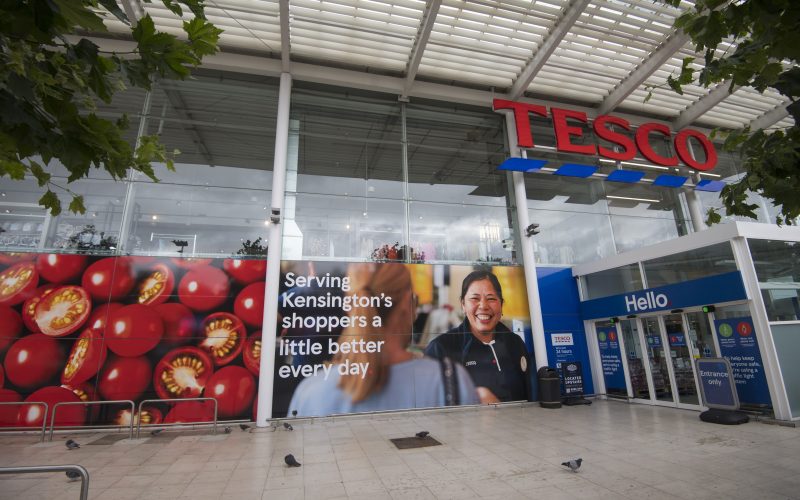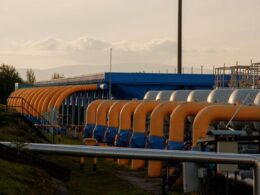Tesco has announced a partnership with potato supplier Branston and livestock processor ABP to explore innovative solutions for reducing greenhouse gas emissions on UK farms. The collaboration aims to trial low-carbon technologies and practices, demonstrating practical pathways to achieving net-zero emissions.
The initiative will focus on testing low-carbon fertilisers, alternative fuels, advanced cold storage systems, and carbon removal techniques. It will also explore improvements in soil health, grazing management, biodiversity, and genetic advancements, with the goal of reducing environmental impacts while maintaining productivity.
The partnership is designed to serve as a model for other suppliers, showcasing scalable solutions for sustainable farming in the UK.
Tesco’s announcement coincided with the release of its new report, ‘A Greenprint for UK Farming’, developed in collaboration with Harper Adams University’s School of Sustainable Food and Farming. The report, based on a survey of more than 300 farmers, identifies the changes and support required to align farming practices with the UK Government’s environmental goals.
The findings emphasise that decarbonising farms and enhancing ecosystems are essential to ensuring food security and stabilising prices. By embracing innovation and technology, the UK can meet increasing food demands while protecting the natural environment.
The report highlights several challenges currently impacting UK farmers. It shows that 67% of farmers report already experiencing the effects of climate change. And 76% of farmers cite cost, risk, and policy uncertainty as barriers to adopting environmentally friendly practices. Additionally, 92% believe the UK Government should do more to support farming resilience.
These challenges are compounded by rising input costs, extreme weather conditions, and economic pressures, all of which threaten farmers’ ability to produce affordable, high-quality food.
To address these issues, Tesco’s report recommends several measures including the development of a long-term land use and food security strategy to guide decision-making, and creating of funding mechanisms that reduce investment risks for farmers adopting sustainable practices and increasing funding for innovative technologies and create a centralised carbon reporting hub to standardise data and insights. Also, it calls for establishing clear governance frameworks to enable farmers to manage risks and generate revenue from carbon credits, along with expanding school engagement to attract young talent to the agricultural sector and promote understanding of sustainability in farming.





















